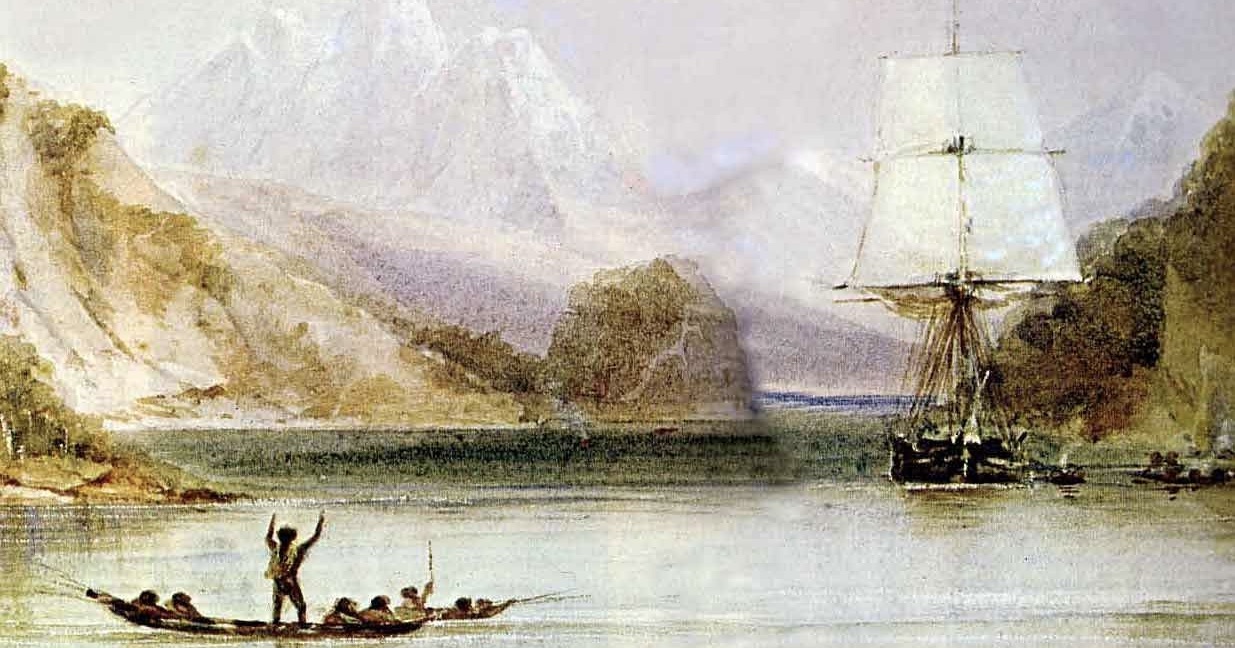 Evolution
Evolution
 Life Sciences
Life Sciences
The Evolution of Natural Selection

Editor’s note: We are delighted to present a series by Neil Thomas, Reader Emeritus at the University of Durham, “Natural Selection: Discovery or Invention?” Find the full series here. Professor Thomas’s recent book is Taking Leave of Darwin: A Longtime Agnostic Discovers the Case for Design (Discovery Institute Press).
In the course of recollections in tranquillity in older age, Charles Darwin tended to look back wistfully on his voyage aboard the Beagle and his famous biological researches in the South Sea islands in the 1830s as having been the pivotal experience of his career. One can see why. For those five years had truly functioned as a form of secular salvation to him by affording him an escape from his previously unfocused life. No longer a trial to his long-suffering father over his educational and professional false starts, he was able to devote himself with single-minded enthusiasm to his one true avocation in life, that of being a collector and naturalist. Precisely what the net result of his exotic travels was, on the other hand, is a little less clear.
For understandable reasons to do with the aesthetics of constructing a compelling narrative, the Darwin legend has sometimes given the impression that the South American experience was in and of itself responsible for the formulation of his evolutionary discoveries. According to that conventional narrative the intrepid explorer returned from having garnered the secrets of nature in exotic realms to share his secrets with his fellow men and women. Such a reading provides an undeniably good imaginative fit for the heroic pattern of a “mythic universal” figure like Prometheus who brought down fire to earth from the abode of the Greek gods in order to share its boons with his fellow mortals — but how true is it?
A Finely Honed Romance
Whilst making for a compelling story, once denuded of its fictional accretions and crypto-mythic associations, alas, legend and reality fail to mesh. Real life, as is so often the case in human affairs, was nothing like as tidy as the finely honed romance narrative that was developed around Darwin. In their study and edition of Darwin’s account of his journeyings, Janet Browne and Michael Neve are firm on the point that Darwin’s ideas did not come to him from his experiences in the field and that “the received image of Darwin voyaging alone through vast turbulent seas of thought as he paced the deck of the Beagle is a fantasy.”1 Remarkably, Darwin’s evolutionary ideas did not derive from his empirical observations in the South Seas or anywhere else. Rather did they grow in a series of ad hoc, serendipitous instalments, the result of his ability to weave together ideas culled from others, not all of them naturalists. His supposed natural-historical “discoveries” were in truth, as will be observed in this series, an ingenious collage of different hints picked up from his personal reading or even encountered anecdotally in random conversations. One of the most important hints he responded to was contemporary research being pursued in the realm of geology, a subject in which Darwin, whether rightly or wrongly, saw important analogies with the biological field.
Next, “Darwin’s John the Baptist.”
Notes
- Voyage of the Beagle: Charles Darwin’s Journal of Researches, edited by Janet Browne and Michael Neve (London; Penguin, 1989), p. 2.

